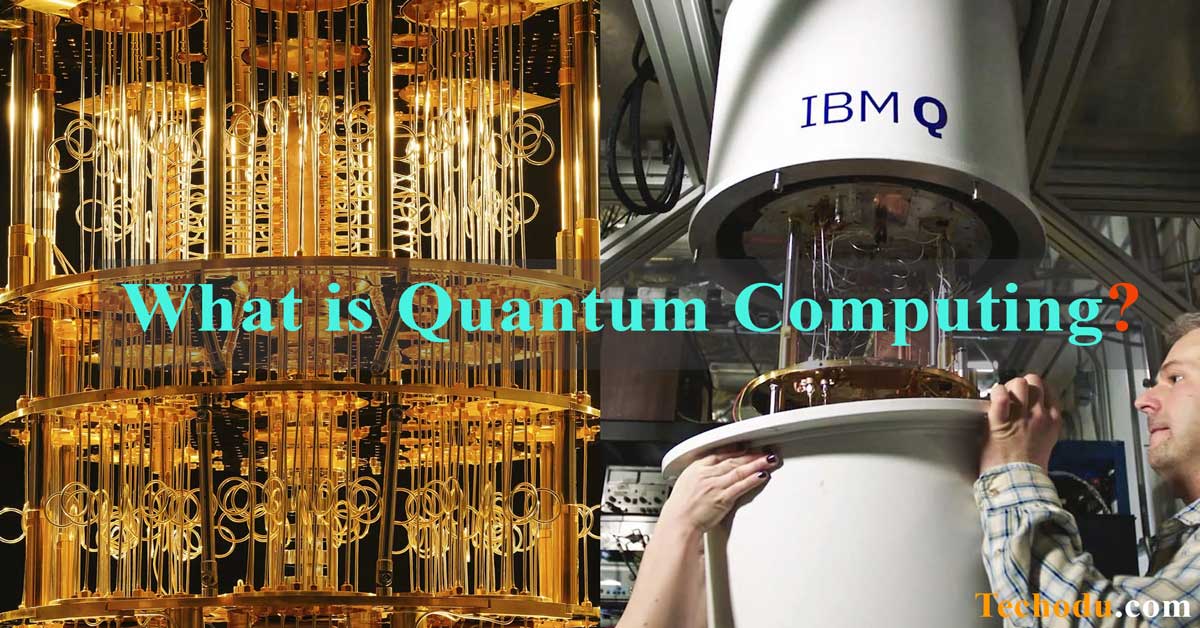In the labyrinthine corridors of modern technology, few concepts captivate the imagination as profoundly as quantum computing. Often likened to alchemy for the digital age, quantum computing intertwines mathematics with the esoteric principles of quantum mechanics, forging a new nexus in computational power. The allure of quantum computers lies not only in their potential to solve problems deemed insurmountable by classical computing but also in their ability to fundamentally reshape our understanding of information processing.
At its core, quantum computing is an evolution of conventional computing paradigms, leveraging the peculiar principles of quantum mechanics to perform calculations at unprecedented speeds. Classical computers rely on bits as the smallest unit of data, which exist in one of two states: zero or one. In contrast, quantum computers utilize qubits, entities that can embody both states simultaneously—an attribute known as superposition. This extraordinary capability allows quantum systems to explore multiple solutions concurrently, reminiscent of a symphony where every instrument plays simultaneously, creating a complex and harmonious outcome.
To grasp the astonishing capabilities facilitated by superposition, one must consider the concept of entanglement, another cornerstone of quantum mechanics. When qubits become entangled, the state of one qubit becomes intrinsically linked to the state of another, regardless of the distance that may separate them. This interdependence can be likened to an intricate ballet, where the dancers, seemingly independent, perform in synchrony. This relationship greatly amplifies the computing power of quantum systems, enabling them to tackle problems that would emerge intractable for classical computers, such as factoring large numbers or simulating molecular interactions.
The application fields of quantum computing extend far beyond theoretical musings and venture into practical implications across diverse domains, including cryptography, materials science, and artificial intelligence. In the realm of cryptography, traditional algorithms rely on the computational infeasibility of factoring large integers to secure data. Quantum computers, with their capability to perform Shor’s algorithm, could potentially dismantle these classical cryptographic systems, prompting a profound paradigm shift toward quantum-resistant cryptography.
Similarly, in materials science, quantum computing possesses the tantalizing potential to engineer new materials at the atomic level by simulating quantum interactions with incredible fidelity. Such precision could lead to breakthroughs in superconductors, catalysts, and pharmaceuticals. The ability to accurately predict the properties of new compounds could unravel the chemical code, leading to innovations that could revolutionize industries.
Artificial intelligence (AI) also stands on the precipice of transformation through quantum computing. By enabling faster processing of vast datasets, quantum enhancements can refine machine learning algorithms, resulting in models that are not only quicker but also more accurate. This synergy between quantum mechanics and AI may unlock solutions to problems that have long eluded human comprehension.
As we traverse the labyrinth of quantum computing, it is crucial to acknowledge the challenges inherent in this nascent field. Qubits are notoriously susceptible to decoherence—a phenomenon where quantum information is lost due to interaction with the environment. Such fragility necessitates that researchers develop quantum error correction codes, akin to protective shields enveloping these delicate qubits. Innovations in materials science and fault-tolerant quantum computing are pivotal for ensuring that quantum systems can maintain coherence long enough to execute complex tasks.
Moreover, the current technological landscape demands a skilled workforce adept in quantum mechanics and quantum information science. The intersectionality of disciplines necessitates a collaborative approach, combining insights from physics, computer science, engineering, and mathematics. Universities and research institutions are actively cultivating this interdisciplinary expertise, fostering a new generation of scientists capable of unleashing the potential of quantum computing.
Despite its challenges, the potential rewards offered by quantum computing are illusions of possibilities waiting to be realized. Imagine a future where complex optimization problems in logistics are solved instantaneously, where climate models can be run with unprecedented accuracy, or where personalized medicine tailors treatments based on real-time genetic data. Quantum computing stretches the very fabric of what technology can achieve, offering glimpses into a reality where limits are defined only by the scope of human creativity.
As we stand at the threshold of the quantum frontier, it becomes clear that quantum computing is not merely a tool; it is a catalyst for change. Like the alchemists of old who sought to transform base metals into gold, contemporary researchers aspire to transmute abstract quantum theories into tangible innovations. This amalgamation of curiosity, perseverance, and intellect fuels the journey toward understanding the quintessential nature of reality itself.
In conclusion, the emergence of quantum computing invites a reawakening of inquiry into the very laws that govern our universe. Its profound implications span multiple realms, from cryptography to materials science, presenting both formidable challenges and exhilarating opportunities. As society inches closer to harnessing this technological marvel, the landscape of what is possible expands, urging each of us to contemplate the implications of a quantum world—a world where the boundaries of classical reasoning dissolve, revealing the tantalizing allure of the unknown.












